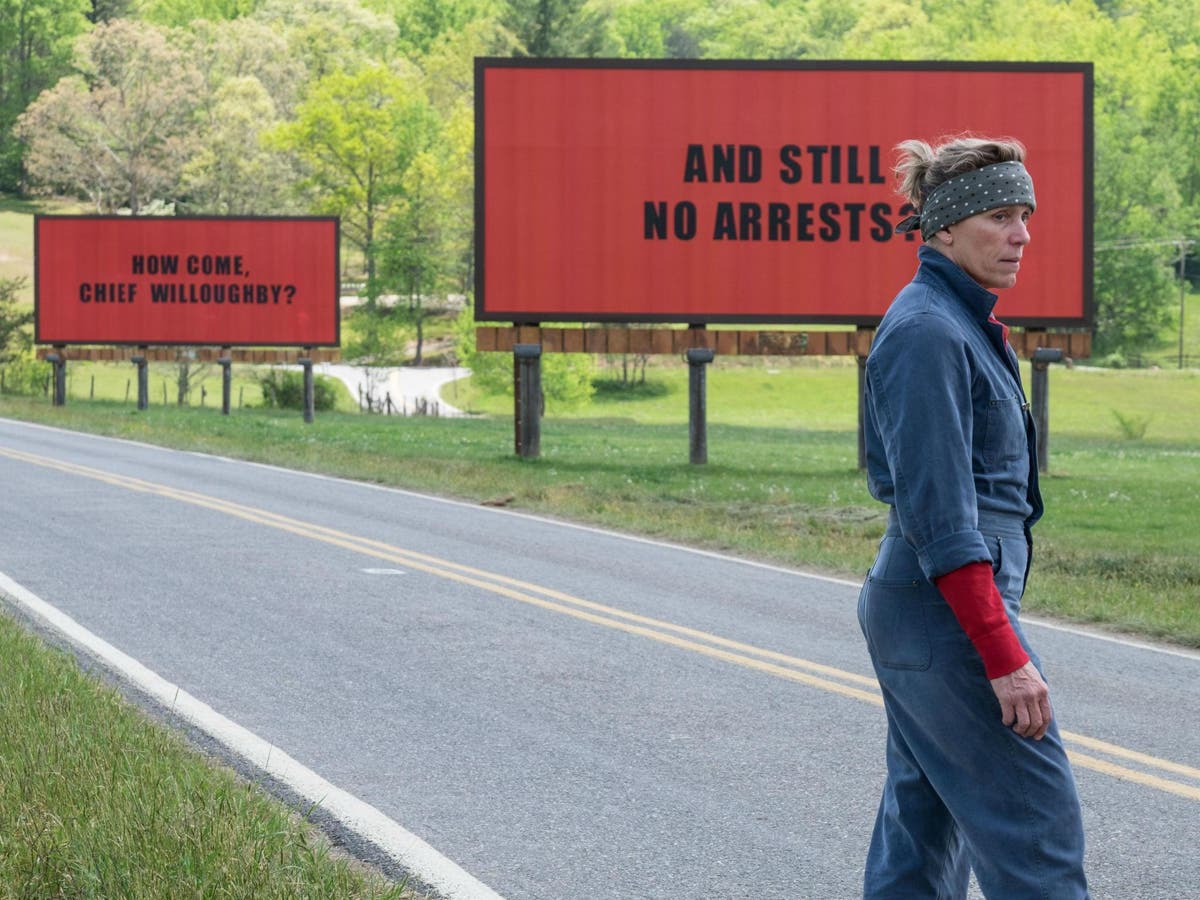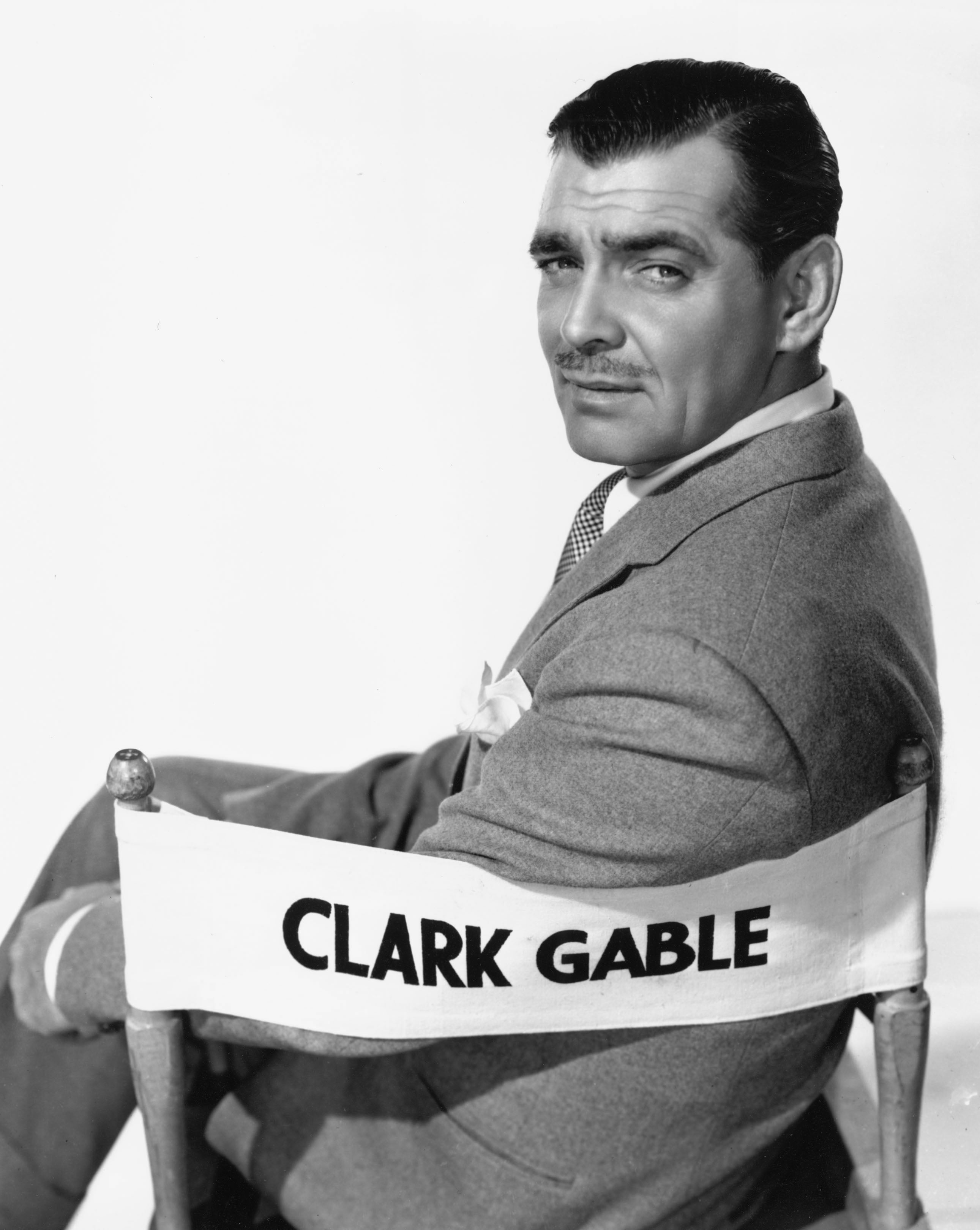Harassment, public scandals, falls from grace: Who wants to be a movie star?
If Daniel Bruhl’s new film ‘Next Door’ or recent interviews with Frances McDormand are anything to go by, being famous is a nightmare. How truthful and instructive are these insights, asks Geoffrey Macnab, and how does being a movie star today compare to being one in the golden age of Hollywood?

In the eyes of the outside world, they have everything. They live in their own gilded cages. They are richer, happier and better looking than us – and probably higher up the evolutionary scale too. Should they care to weigh in on debates about politics, arts or the environment, someone will listen. If they want to set up their own wellness and lifestyle brands and sell us strangely shaped eggs or funny-smelling candles, that is fine too. They’re in that most privileged of positions – they’re movie stars.
The reality, it seems, is far more mundane and unpleasant than we like to imagine. In recent weeks, several of these stars have been grumbling about their predicament.
Oscar winner Frances McDormand confided to The New York Times last week her horror at having her privacy breached by a fan who rang her out of the blue. He told her he was watching her film, Three Billboards Outside Ebbing Missouri. Somehow, this fan had “tracked down her unlisted landline”. She hung up right away and is certain to have changed her number by now. The last thing she wants to do is discuss her career with random admirers.
During the virtual Berlin Film Festival this week, German actor Daniel Brühl revealed how miserable movie stardom has become for him. In fact, that is the exact subject of his viciously barbed new film (his first as director) Next Door in which he plays a movie star, closely based on himself, who is also called Daniel.
In his interviews, Brühl, who has appeared in everything from Marvel movies to Quentin Tarantino thrillers and who played Niki Lauda in Rush, lamented the lack of manners of his more pushy fans. No longer is his “personal space” respected. He might be having a conversation on the phone or be out and about with his kids and someone will suddenly interrupt, demanding an autograph or selfie. If he doesn’t smile and oblige instantly, he faces being excoriated on social media. Complete strangers assume an easy and immediate familiarity with him. Wives of close friends have no compunctions about telling him which films he sucked in or explaining to him his limitations as an actor.
It isn’t just the fans that are the problem. The Hollywood studio bosses don’t treat their stars with much respect either. In the Next Door, Daniel is about to fly to London to audition for a part in a new superhero saga. He is desperate to prepare but has little idea what the role involves. The project is so top secret that he has been given just a few heavily redacted pages of its screenplay.
“You sometimes get sent a page where everything is blurred and watermarked. You are given five lines and you’re supposed to tape yourself. You don’t understand anything [about the role]. You’re not given any context. It is sometimes so humiliating and terrible. It has become completely crazy because you’re not given the chance to do your work properly,” Brühl bemoaned the casting process on big budget movies.
Meanwhile, damage is being wrought on the stars’ personalities by all the fawning attention they receive. They can’t help but become narcissistic and self-obsessed. They’re horribly insecure, only one or two poorly chosen roles from being pushed back toward oblivion.

In today’s “cancel culture” era, actors who misstep in any way can see their careers wither in front of their eyes. Some have stalkers. Others are betrayed by their business managers or end up in bitter divorce cases that tarnish their images. Johnny Depp may have earned a $35m (£25m) fee for Pirates of the Caribbean: On Stranger Tides (2011) but, by the time he lost his libel claim last year against The Sun for allegations of violence against his former wife, Amber Heard, the money had gone and so had his credibility at the box office.
Heard, meanwhile, has been attacked by Depp’s more ardent, vengeful and indignant followers, who have campaigned to have her removed from her role in the Aquaman sequel. “Paid rumours and paid campaigns on social media don’t dictate [casting decisions] because they have no basis in reality,” she said to Entertainment Weekly about the dark arts being used to drag her down.
Meanwhile, older stars such as Judi Dench and Anthony Hopkins have discovered that casting agents aren’t just interested in their reputation or ability – but also the size of their social media following.
It is not just established names who suffer. Up and coming movie stars likewise have their travails. Every year, the Berlin Festival runs its Shooting Stars programme, which showcases screen actors from around Europe who are likely to be the next big thing. Names like Daniel Craig (long before Bond), Rachel Weisz, Kelly Macdonald, Brühl himself and Riz Ahmed have participated in previous editions. They meet casting agents and producers, have their pictures taken and go to parties. This may not sound like a trial of endurance but, as they are parcelled around from event to event, pinched, prodded and peeked at, the young stars often feel as if they are taking part in a livestock market. The whole experience can be vaguely humiliating.
For obvious reasons, this year’s event is happening online. The Dutch participant Martijn Lakemeier is reckoned to be one of his country’s fastest rising talents. He stars opposite Marwan Kenzari (the Grand Vizier in Guy Ritchie’s Aladdin) in a brutal new Indonesian-set feature, The East, by Jim Taihuttu. Lakemeier is the youngest ever winner of the country’s most prestigious prize, the Golden Calf Award for Best Actor. Nonetheless, the 27-year-old has been spending much of his recent time during lockdown working in the stockroom of an online supermarket. Thanks to Covid, the movie roles have completely dried up. Louise Brooks, one of the biggest sex symbols of the late silent era, will have known just how he feels. When her career faltered, she ended up as a sales girl at Saks Fifth Avenue.
In theory, stars have far more freedom today than in the golden age of Hollywood, when they were signed up by the studios on those notorious seven-year contracts. The studio bosses controlled every aspect of the stars’ lives, from the roles they played to the way they conducted their private lives and sometimes even their names. The publicists would go to extreme lengths to keep the actors working, getting doctors to prescribe youngsters like Judy Garland stimulants such as Benzedrine, amphetamines and other pep pills to stave off exhaustion.

When the stars fell from grace, they fell hard. “Four years ago, I had a contract calling for $250,000 a picture. Today I can’t get a job for $25 a week,” John Gilbert, one of the biggest names of the silent era, told a journalist after his career unravelled in the early talkie period. He became unemployable not just because his voice was considered too reedy for sound pictures but because MGM boss Louis B Mayer was determined to scupper his career. Gilbert’s alcoholism and self-pity accelerated the process.
When female stars became pregnant, the studio bosses and publicists would send them abroad, or make them give up their babies or have abortions. As EJ Fleming notes in his 2004 book The Fixers, about the MGM publicity machine in the 1930s, whenever there were scandals, publicists and studio apparatchiks like Howard Strickling and Eddie Mannix went to extreme lengths to cover them up. In 1933, the then very young writer-director John Huston ran over and killed a woman on Sunset Boulevard – MGM was alleged to have paid off the woman’s husband. The death was ruled accidental and Huston cleared of blame. Fleming speculates that the reason the studio became involved was that it may have been one of their biggest stars, Clark Gable, behind the wheel. Studio boss Mayer, the author suggests on the basis of circumstantial evidence, “engineered a cover-up using Huston”.

Of course, it’s a very long way from the Hollywood of the 1930s to the dingy bar in the Prenzlauer Berg district of Berlin in which almost all of Daniel Brühl’s Next Door is set. Nonetheless, Brühl’s character shares many of the same conceits and anxieties of the big-name actors who were once on MGM’s books. He has that swaggering movie star arrogance combined with a deep-rooted insecurity. There is scandal in his life, too. That is what the jealous, vindictive, working-class east Berliner (Peter Kurth from Babylon Berlin) he meets in the bar wants to expose – the infidelity, porn habit and voyeurism in the seemingly squeaky clean actor’s private life. By the end of the film, as Daniel is becoming deranged and even violent, he must wish that he had old-style studio fixers like Strickling and Mannix to get him out of the hole he is digging himself.
Fans, though, don’t feel much sympathy for movie stars whose lives and careers implode. If anything, there may be schadenfreude at seeing such pampered and privileged figures brought so satisfyingly low.
Whether it’s Kevin Spacey’s career nosediving after sexual assault allegations or, more recently, Gina Carano being fired from space western series The Mandalorian because of her social media posts, high-profile actors are continuing to slip up. Brühl’s new film is hardly a plea for sympathy on their behalf, but it does suggest that being a movie star isn’t, and never has been, quite as much fun as the outside world likes to think.
‘Next Door’ has been screening at this week’s Berlin Film Festival



Join our commenting forum
Join thought-provoking conversations, follow other Independent readers and see their replies
Comments